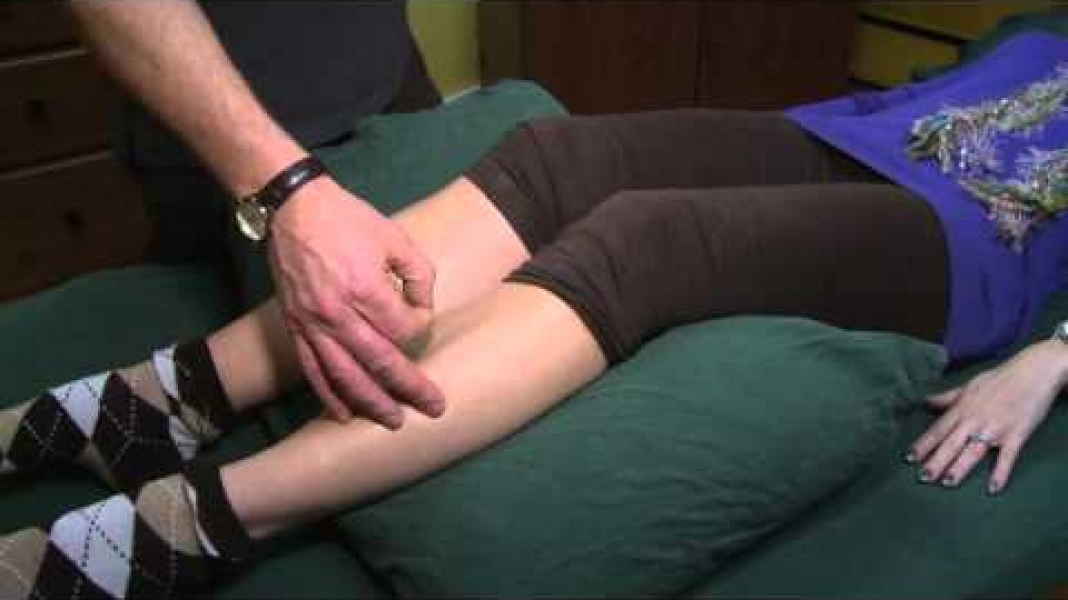
A recent study shows that massage three times a week can actually lower elevated blood pressure in woman (men were not studied, but I am sure it would work for them too!). They studied woman with “pre-hypertension” (BP is lower than 140/90 and higher than 120/80. http://www.ncbi.nlm.nih.gov/pmc/articles/PMC3733180/. This group referred to another study, (Vasan et al. 2001) with a 10-year follow-up of pre-hypertensive people and compared them with people with normal BP, to show that the risk of cardiovascular disease in women and men with pre-hypertension was 2.5 and 1.6 times more than normal people, respectively.

Carl Parnham, RMT 2200 hrs certified
Now three massages a week may seem rather excessive at first from a practical point of view! But take a look at what it is about. The research subjects got about 3 short 10-15 minute “Swedish” massages per week, for a total of 10 massages. The massages were conducted using non-aromatic topical lotion on face, neck, shoulders and upper chest using superficial and deep stroking, with the client on their backs. Now these are very short massages, and they did them frequently, but I think they wanted to make sure they got some good results and their hunch was doing frequent, short ones would be more efficient than infrequent longer ones. The optimum number of massages has not been determined yet, but likely would depend on each clients needs.
So why would massage work to lower blood pressure anyhow? First you have to know how blood pressure works….. when the heart beats it sends blood through the arteries. Blood pressure is the force of blood pumped flowing against the resistance encountered by the walls of the arteries. High blood pressure can be caused by increased heart pumping, an increased resistance in the arteries, or increased water retention for some reason. Resistance of arteries can increase due to the process of arteriosclerosis, which means the walls of the arteries become less elastic as we age and can become “hardened” and ultimately can become clogged with plaques. But the more common reason of increased resistance, the one that you survive by, is that the smooth muscle that surrounds arteries to adjust the flow rate, becomes “too” tight and restricts the flow. This is a common stress response and is associated with the neurotransmitter adrenaline, and it serves to shift the blood supply to big muscles in fight or flight, and give extra capacity for the muscles to do anticipated work. This is great when you are fighting a bear or something, but not great if the stress response is all in your mind!
So the effects of massage on circulation to lower blood pressure can be many.
- -Massage can mechanically assist in emptying blood and lymph vessels back to the heart to promote better circulation and opening up the channels
- -Massage causes an initial increase in arterial pressure as we get the fluids emptied, but then is followed by a decrease in pressure due to a relaxation response. Here the smooth muscles in the walls of the little arteries relax, and then this peripheral vasodilation drops the blood pressure to last as long as you feel relaxed.
- -Massaging just the limbs can increase peripheral vasodilation making the heart work less since the blood pressure is lower.
Of course lifestyle factors that contribute to high blood pressure include stress, anxiety, depression, lack of sleep, poor diet and lack of exercise. As always, the biggest and lasting ways to reduce blood pressure are by minimizing things that contribute to hypertension (stress, salt intake), and promoting a lifestyle that reduces hypertension (exercise, healthy diet). Massage can be part of your plan to shift things, directly or indirectly, by relaxing your body and mind from time to time. From this place also you can make better lifestyle choices and feel like eating better and exercising more.
Maybe you don’t need 3 massages a week, but you could be more practical and responsive. Respond to your needs as they come. Get a massage or two during stressful periods. Or come in and work on the pain in your neck or back that is keeping you up at night or preventing you from getting your needed exercise. Maybe massage could be one of several things that will keep you under the line where a doctor will want to prescribe you drugs? Maybe massage could be just another part of your life coping mechanisms that can keep you on the right side of the statistics? This is not new information,or rocket science, it just makes sense. We don’t need research to tell us this, right?




